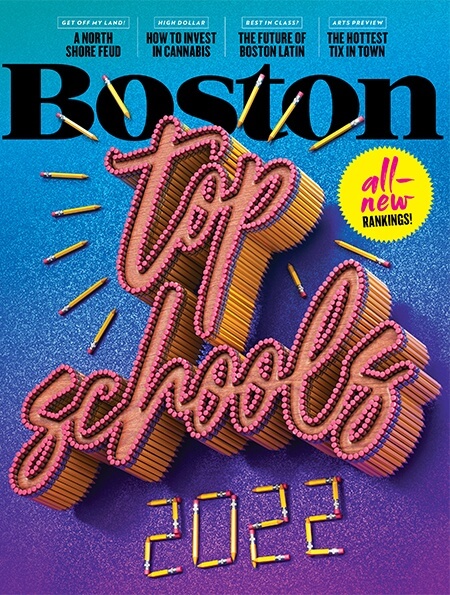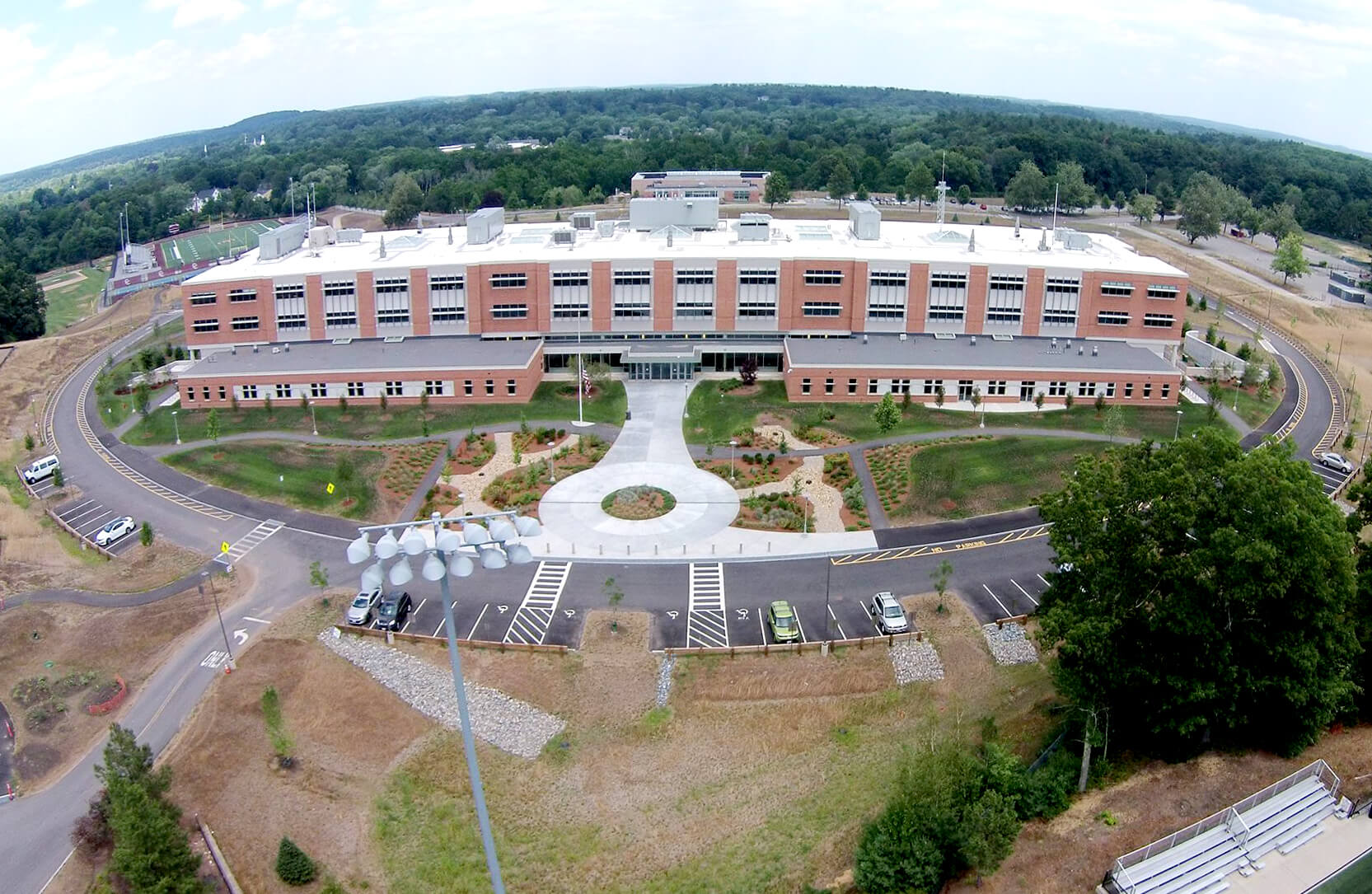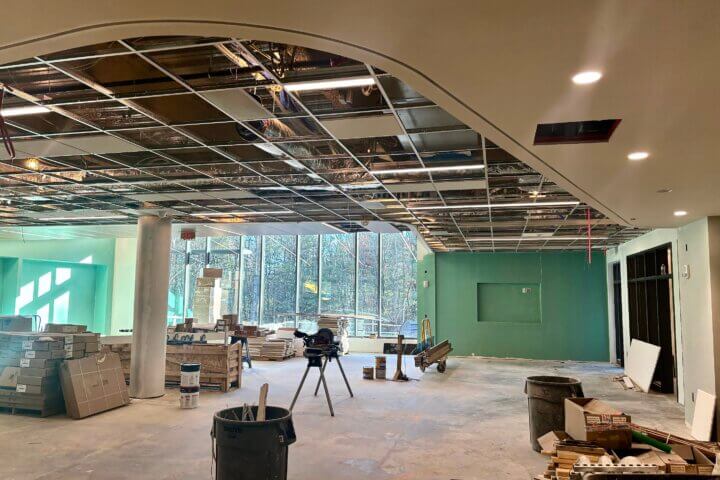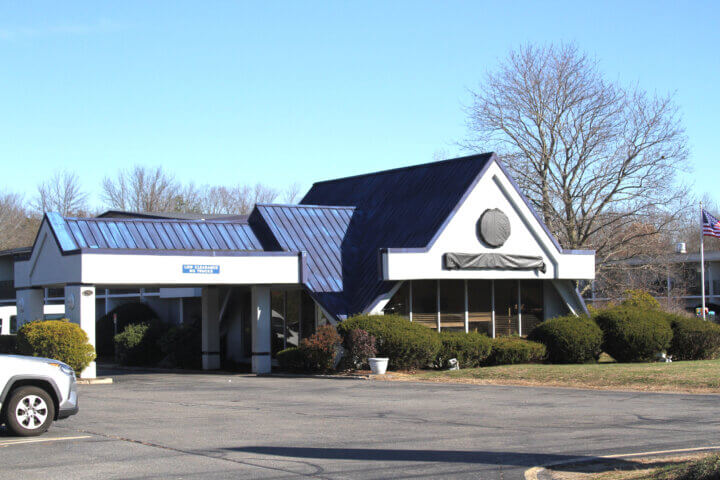When Boston Magazine published its annual list of the best public high schools in Greater Boston in September, town officials and community members were surprised to find Concord-Carlisle High School, which regularly ranks among the top 10, in 31st place. School officials took a closer look at the report and noticed something unusual: that some of the data that contributed to the rating was just plain wrong.
“We were pretty immediately doing data dives into the formula and what data fed the formula,” Superintendent Laurie Hunter said. “Right from the beginning it didn’t make sense.”

The rankings are generated by a formula that considers student-teacher ratios, class sizes, standardized test scores and more, with some factors weighing more heavily than others. The magazine reported that only 72.3 percent of CCHS students went on to attend college, while Hunter explained that, in reality, that number is 91 percent. She believes this error may be behind the high school’s relatively low ranking and has set about trying to amend it.
“We’re five months into this effort to correct it and have gotten as far as direct engagement with Student Clearinghouse,” Hunter said. She explained that the magazine reportedly gets its data from the Department of Elementary and Secondary Education, which in turn receives data from the National Student Clearinghouse. She called the process of amending the error “slow and complicated” and “a red tape nightmare.”
The process has also shed light on some questionable practices behind the ranking system’s methodology. The magazine inputs data from a previous year when information is missing, for example. “There are a lot of problematic pieces,” Hunter said, “they’re also valuing per pupil spending, which to me is a huge equity issue… all you’re doing is comparing district wealth.”
While attempts to rectify the mistake are ongoing, the question of CCHS’s academic standing was brought into focus in February during discussions regarding Concord Public School’s budget for 2024, which exceeds the Finance Committee’s guidelines by $538,000. Hunter presented a summary of CCHS’s academic performance to the committee on Feb 15 to clarify any confusion the ranking may have caused. “We thought it was just really important that we put the facts together and share them,” she said. “The success of CPS and the budgets of CPS are what eventually create these outcomes.”
Some Finance Committee members shared concerns about the impact growing school costs will have on residents, pressing the Joint School Committee to lower their budget. “Our taxes are going to go up and it’s really hard,” Finance Committee Chair Peggy Briggs said. “What Concord offers is a fantastic education. That said, the tax impact on seniors is obviously a major concern.”
“Taxpayers are about to have a substantial impact from the middle school,” Hunter said, “from my perspective we have to not use that as money that’s competing against the operating budget: those are two different needs… the needs of the kids in the schools right now are not something we can compromise.”
A public hearing will take place on March 9 to discuss the school budgets, prior to Town Meeting in April, Briggs said.






